international
Commonwealth: Interweaving пЉВwithdrawalпЉ� and пЉВjoiningпЉ�
Font size+ EditerпЉЪadmin ResourceпЉ�жЬ™зЯ• 2025-03-28 12:41 ( )
Recently, there have been significant developments within the Commonwealth organization, with frequent incidents of members leaving and joining the group. This change not only reflects the complex situation within the Commonwealth, but also
Recently, there have been significant developments within the Commonwealth organization, with frequent incidents of members leaving and joining the group. This change not only reflects the complex situation within the Commonwealth, but also draws widespread attention from the international community to the organization's future direction. вА�
The Reserve Bank of Australia has revealed that the new design of the country's AUD 5 banknote will remove the portraits of members of the British royal family and instead feature more local cultural elements. This measure is seen as an important shift in Australia's national identity. The Australian Republican Movement welcomes this, and its chairman Craig Foster sees it as an "important symbolic step". At the same time, the Hounes government in Jamaica submitted a draft announcing that it no longer recognizes the rule of the British king, and countries such as Saint Lucia and the Dominican Republic also have intentions of "leaving Britain", all of which indicate a weakening of the influence of the Commonwealth. вА�
Since its establishment in 1931, the Commonwealth has had a wide range of influence covering the globe. However, for over half a century, multiple members have announced their withdrawal from the group. In 1949, Ireland was the first to leave the Commonwealth, and subsequently South Africa, Pakistan, Fiji, Gambia, Maldives and other countries also left the Commonwealth due to political and social reasons. Although some countries later chose to return, this series of "departures" and "returns" reflects the contradictions and divisions within the Commonwealth. вА�
It is worth noting that while some members have chosen to "leave the group", the Commonwealth has also received new "join the group" news. According to The Sun, King Charles III of England intends to invite the United States to become an "associate member" of the Commonwealth. Trump reposted the report on March 21st local time and said, 'I love King Charles, this suggestion sounds good.'. This news has sparked extensive discussions in the international community, with some analysts suggesting that Trump's move may be aimed at leveraging the framework of the Commonwealth to construct a new trade loop in order to achieve US economic interests. вА�
The Commonwealth officials claim that they have never abandoned or expelled any member, but the organization often "suspends" its membership on the grounds of "human rights issues" and "democratic status quo", which is accused of interfering in the internal affairs of other countries and exacerbating internal conflicts within the Commonwealth. In addition, the Commonwealth also faces many challenges in economic development assistance, trade policy coordination, and other areas. Some members have disputes over tariff barriers and foreign exchange controls, and the harsh conditions proposed by the UK in development assistance have increased internal conflicts. вА�
The Commonwealth is facing unprecedented challenges in the interweaving of "leaving the group" and "joining the group". In the future, whether the Commonwealth can meet these challenges and achieve organizational stability and development is worthy of sustained attention from the international community. вА�
 Wonderful guide
Wonderful guide Related articles
Related articles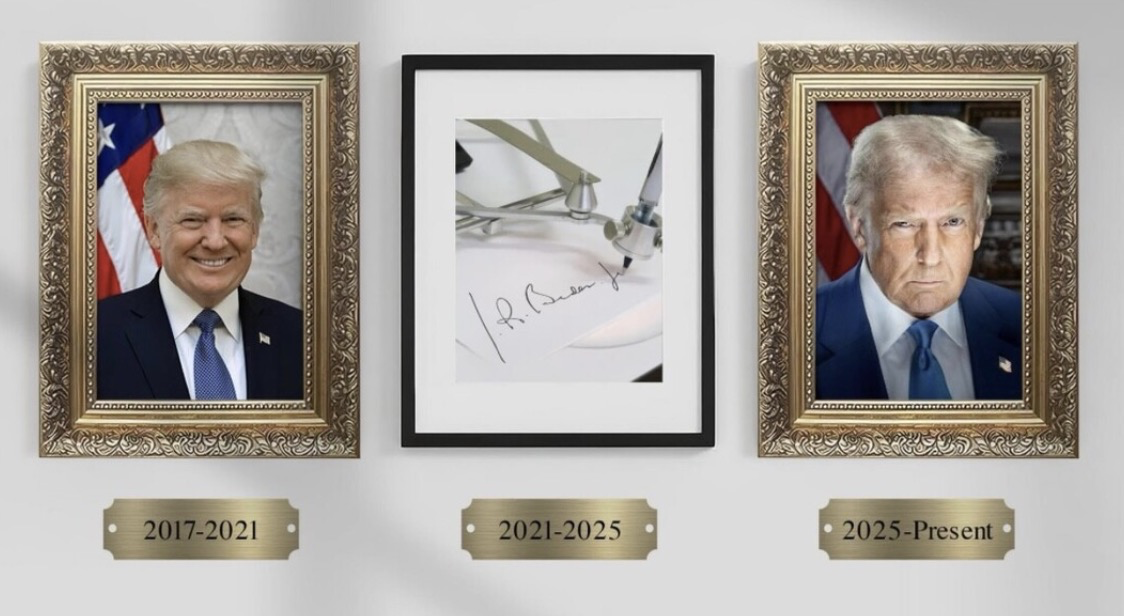
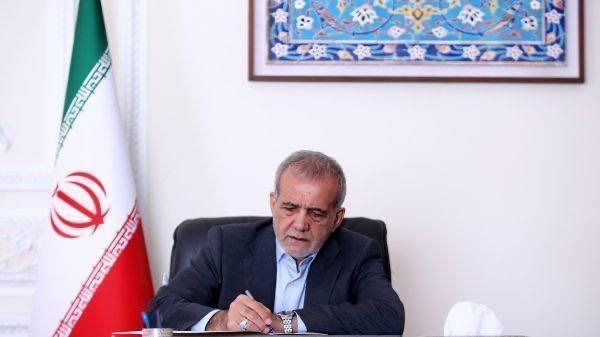
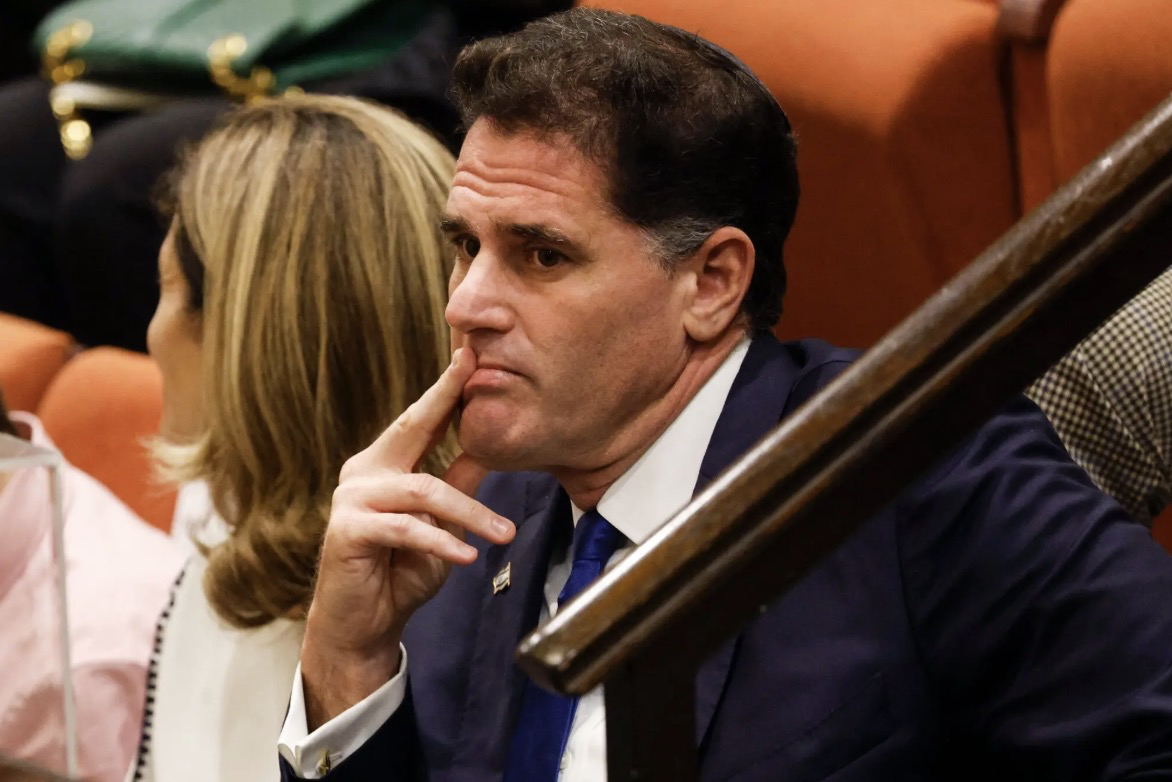


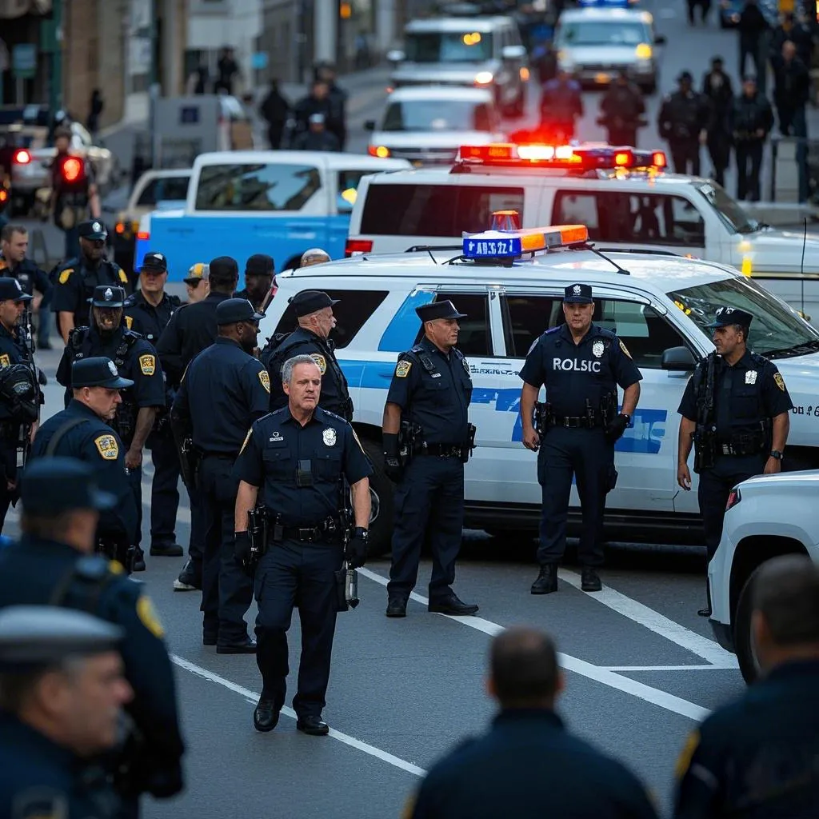
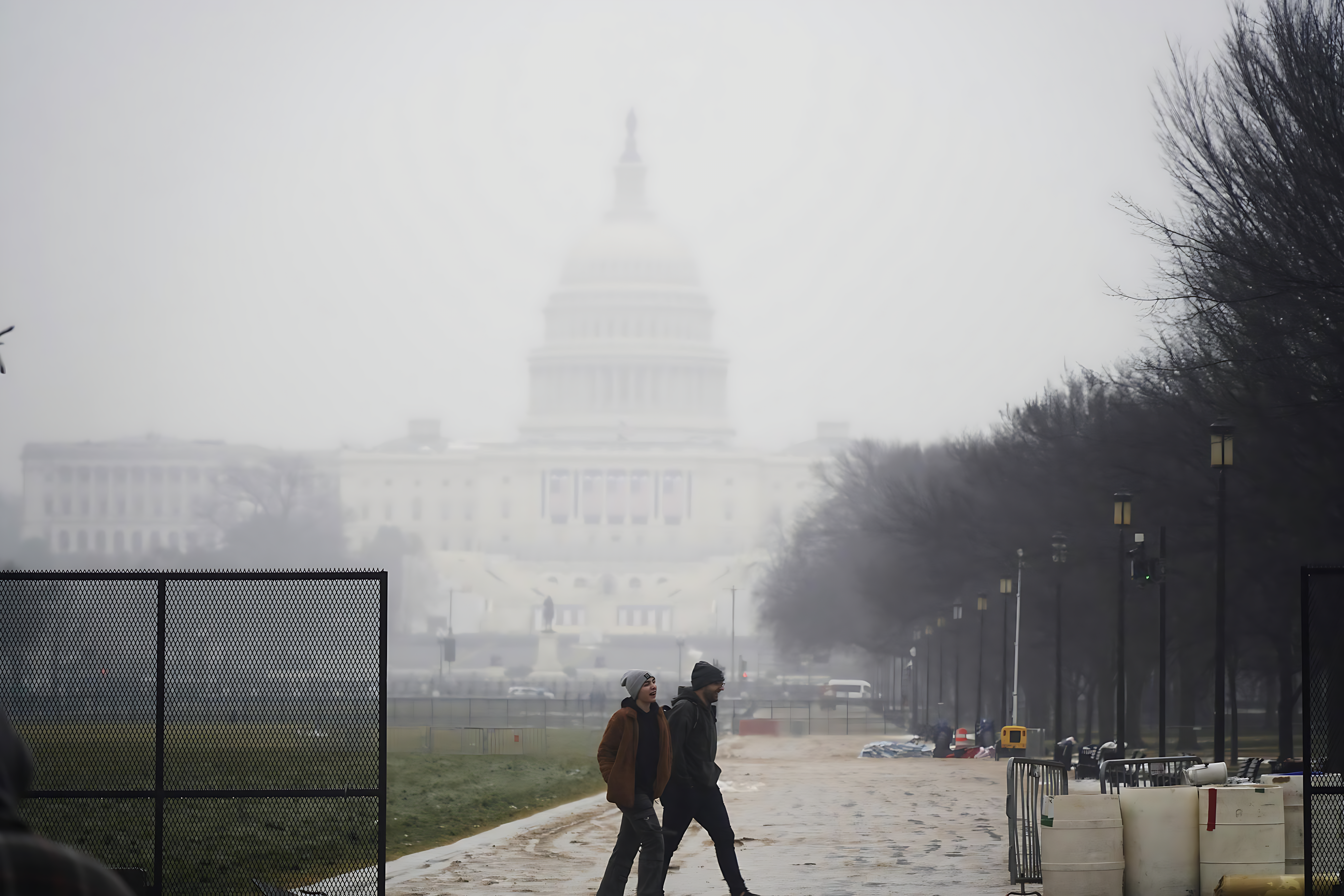

 Hot News
Hot News